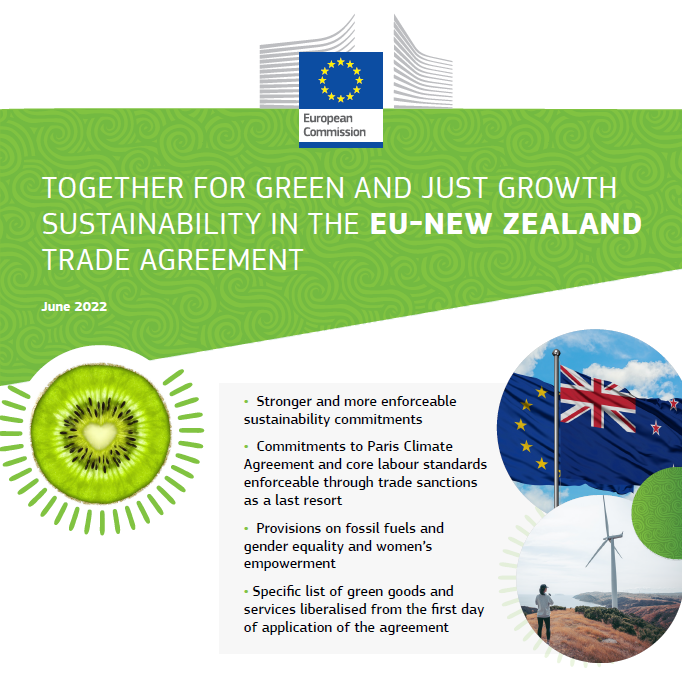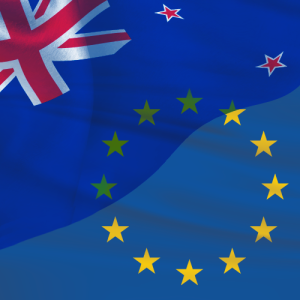The Government has launched Invest New Zealand, a new initiative aimed at making New Zealand a top destination for foreign direct investment (FDI). This agency will focus on attracting capital to critical infrastructure, fostering innovation, increasing R&D, and enhancing global connections. Incubated within New Zealand Trade and Enterprise (NZTE), it will transition into an autonomous agency to drive international investment and economic growth.
Full PostAs the world increasingly turns its attention to climate change and environmental preservation, the New Zealand – European Union Free Trade Agreement emerges as a beacon of sustainable trade practices. This landmark agreement intertwines economic growth with ecological stewardship, setting a new standard for global trade agreements.
Post:
The trade agreement between New Zealand and the European Union marks a significant step forward in integrating environmental sustainability with international trade. Highlighting a robust commitment to the Paris Climate Agreement, the deal enforces trade sanctions for any material breaches, ensuring both parties uphold their environmental responsibilities. Furthermore, the Paris Climate Agreement is recognized as a fundamental element of the trade pact, underlining the deep-rooted commitment to combating climate change.
Central to the agreement is the facilitation of trade and investment in low carbon goods, services, and technology. From the onset of the agreement, zero tariffs will be applied to green goods and services, including renewable energy and energy-efficient products, encouraging a shift towards sustainable economic activities.
In an unprecedented move, the agreement introduces the first dedicated article on fossil fuels in an EU trade deal. This clause commits the parties to collaborate on reforming fossil fuel subsidies, a crucial step towards mitigating climate change, with efforts extending to the World Trade Organization’s framework.
Moreover, the agreement encompasses comprehensive commitments to preserve biodiversity, promote sustainable forestry, and ensure sustainable fishing practices. These measures not only aim to protect the environment but also to secure the long-term viability of natural resources and ecosystems.





